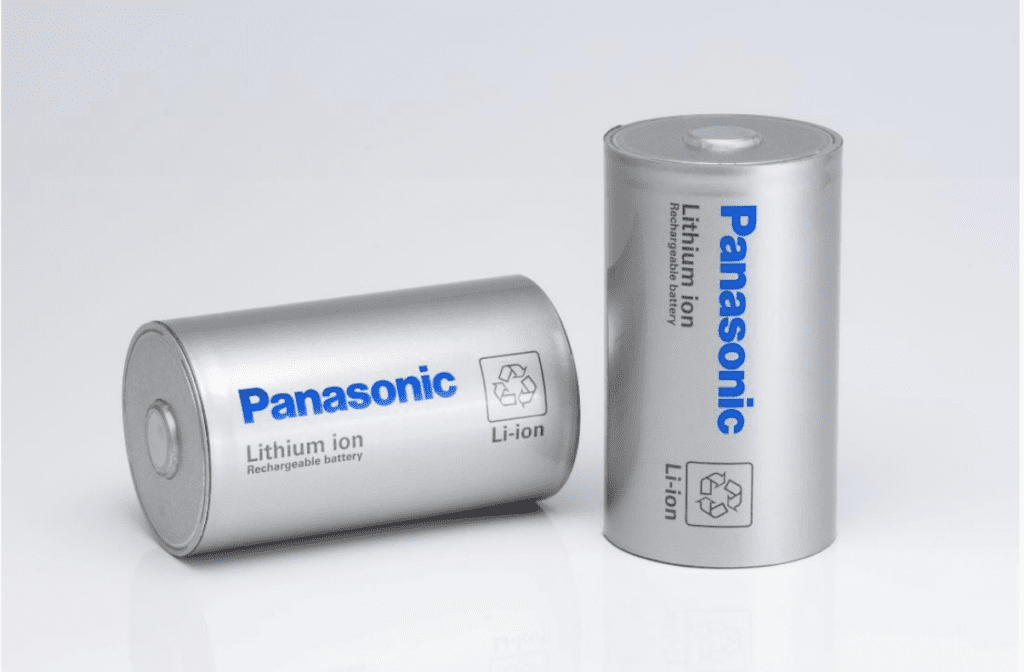Panasonic Energy Co., Ltd. (Osaka, Japan) announced that it has finalized preparations for mass production of the 4680 model of cylindrical automotive lithium-ion (Li-ion) batteries, marking a much-anticipated breakthrough in the industry. The company has also revamped its Wakayama factory in Western Japan, which will serve as the mother factory for the new cells. An opening ceremony was held recently to commemorate the occasion. The mass production is set to start after the final evaluation.

Panasonic Energy Ready to Commence Mass Production of 4680 Automotive Lithium-ion Batteries (Source: Panasonic Energy)
The 4680, a revolutionary cell format of cylindrical lithium-ion batteries for electric vehicles (EVs), offers substantial improvements over the conventional 2170 cells. These new cells possess five times the capacity of the 2170 cell. This not only extends the driving range of EVs, but also reduces the number of cells required for the same battery pack capacity. This results in a more efficient battery pack assembly process and ultimately lowers the cost of EVs, making them more affordable to a wider market. The manufacturing process of the 4680, with its larger capacity per cell, requires more advanced technology and expertise. Leveraging its 30 years of know-how in the development of cylindrical lithium-ion battery technology, Panasonic Energy has pioneered a mass production method for high-performance 4680 cells, setting a benchmark in the industry.
The Wakayama factory, a base for the manufacture of lithium-ion battery parts, has undergone a transformation. It will now act as the mother factory for the production of 4680 cells and will serve as a demonstration hub for new products and methods. The factory will play a key role enhancing product quality and competitiveness, with processes newly trialed there set to be implemented globally in other factories. By March 2025, it is expected that roughly 400 staff will be involved in the development and production of next-generation batteries at the Wakayama factory.